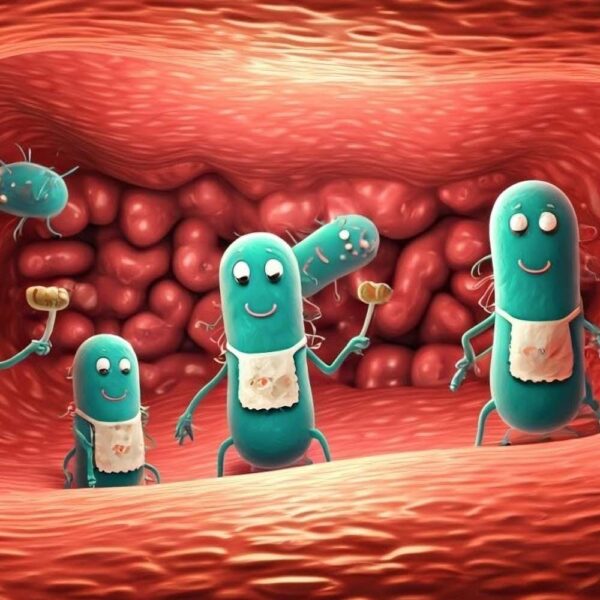What is vitamin D and the role it plays in our body?
Vitamin D is a fat-soluble vitamin which is used by the body for normal bone development and maintenance. Vitamin D assists in increasing the absorption of calcium and phosphate in our bodies[1]. Without vitamin D, only 10–15% of dietary calcium and about 60% of phosphorus can be absorbed.[2]
Vitamin D is unique in that it can be made in the skin from sunlight exposure. It exists in two forms, namely Vitamin D2 obtained from the sun when it strikes the skin and vitamin D3 produced by the human body.[2]
People with a darker skin tone have natural sun protection and require at least three to five times more exposure to the sun in order to make the same amount of vitamin D as a person with a lighter skin tone.[3]
The way we determine our vitamin D levels is through a blood test, which is done by a healthcare professional, and maybe reported in different ways. You can either get the total vitamin D result, or separate results for Vitamin D2 and Vitamin D3. A circulating level of D greater than 30 ng/mL is required to maintain a healthy level of vitamin D. If your total vitamin D level shows a vitamin D deficiency or insufficiency, you may need to supplement with additional Vitamin D3 or implement some dietary changes.[2,4]
What is vitamin D deficiency?
Vitamin D insufficiency affects at least 50% of the population worldwide and an estimated 1 billion people across all age groups and ethnicities have a Vitamin D deficiency (VDD). This is mainly attributed to lifestyle (i.e., reduced outdoor activities) and/or environmental factors (i.e., air pollution) due to reduced sunlight exposure.[2]
VDD can lead to an array of problems, and is an important public health issue since vitamin D plays a supportive role against cancer, heart disease, fractures, autoimmune diseases, influenza, type-2 diabetes, and depression.[3]
Who may need extra vitamin D to prevent a deficiency?
Getting enough vitamin D from your food alone is a task on its own. Besides exposure to sunlight, a dietary supplement is incredibly useful in order to meet your daily need of this VITAL vitamin for the following individuals:[5]
- Older adults
- People with limited sun exposure
- People with dark skin tones
- People with fat malabsorption
- People who are obese
- People with milk allergy
- People with lactose intolerance
Complications of Vitamin D deficiency
If you are Vitamin D deficient, this will result in a decreased absorption of dietary calcium and phosphorus levels. This leads to an increase in our parathyroid hormone (PTH). An increased level of PTH causes the levels of calcium in your blood to rise, causing further problems like bone weakness, a decrease in bone mineral density (BMD), and kidney stones.
Children with VDD often struggle with irritability, lethargy, and developmental delays, while adults can experience symptoms associated with secondary hyperparathyroidism including bone pain, fatigue, muscle, and weakness increasing sway and frequent falls thereby increasing their risk of fracture.[7,8]
What are the sources of vitamin D?
It is important to eat a diverse diet that is rich in vitamin D. There are only a few commonly consumed foods that are good sources of vitamin D. We recommend the following:
- Cod liver oil
- Oily fish such as salmon, mackerel, tuna, sardines
- Milk and dairy products (cheese)
- Eggs
- Beef and liver
Don’t forget that the biggest source of our vitamin D is exposure to the sun. Vitamin D which is produced by our skin lasts two times longer in our blood compared with ingested vitamin D. Season, geographic latitude, time of day, cloud cover, smog, and sunscreen affects the UV ray exposure and vitamin D synthesis.
Sunscreens with a sun protection factor (SPF) of 8 or greater will block UV rays that produce vitamin D, but it is still important to routinely use sunscreen to help prevent skin cancer and other negative consequences of excessive sun exposure. An initial exposure to sunlight of between 10 -15 minutes at least two times per week to the face, arms, hands, or back without sunscreen is usually sufficient to provide adequate vitamin D. This should be followed by application of a sunscreen with an SPF of at least 15 to protect the skin. It is very important for individuals with limited sun exposure to include good sources of vitamin D in their diet.
What is the recommended management of VDD?
Treatment with either vitamin D2 or vitamin D3 supplementation is recommended for the deficient patient. The amount of vitamin D required to treat the deficiency depends on the severity of the deficiency and underlying risk factors. We recommend sticking to a daily dosage of 1000iu. Vitamin D deficient individuals may need to take up to 50,000iu per week in order to repair their levels. Your health care professional will prescribe the appropriate dose of vitamin D supplementation based on your blood tests.
What are the health risks of too much vitamin D?
Vitamin D toxicity results from excess oral intake and not due to excessive sunlight exposure. It can cause nausea, vomiting, poor appetite, constipation, weakness, and weight loss. It can also raise blood levels of calcium, causing mental status changes such as confusion. High blood levels of calcium also can cause heart rhythm abnormalities.
Sun exposure is unlikely to result in vitamin D toxicity. Diet is also unlikely to cause vitamin D toxicity, unless large amounts of cod liver oil are consumed. Vitamin D toxicity is much more likely to occur from high intakes of vitamin D in supplements. That’s why it’s so important to dose correctly and according to your body’s needs.
References
[1] https://www.ncbi.nlm.nih.gov/NBK532266
[2] https://www.ncbi.nlm.nih.gov
[3] https://pubmed.ncbi.nlm.nih.gov/18641195
[4] https://medlineplus.gov
[5] http://suprabrands.com/vitamin_d.pdf
[6] https://pubmed.ncbi.nlm.nih.gov/4130245/
[7] https://pubmed.ncbi.nlm.nih.gov/18413426/
[8] https://pubmed.ncbi.nlm.nih.gov/15886381/
[9] https://pubmed.ncbi.nlm.nih.gov/8390483/







